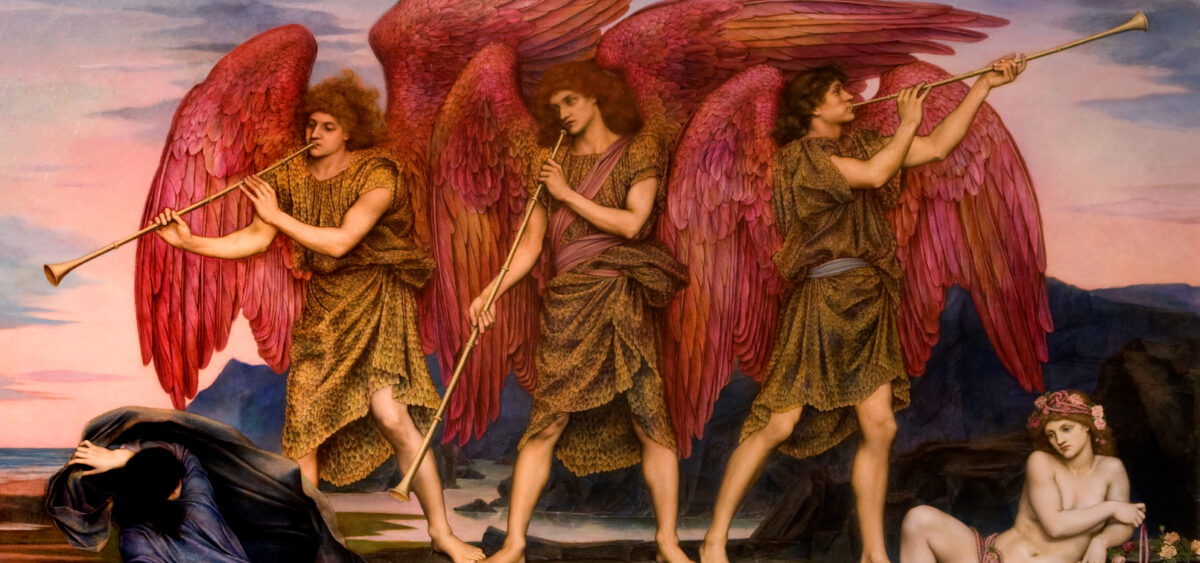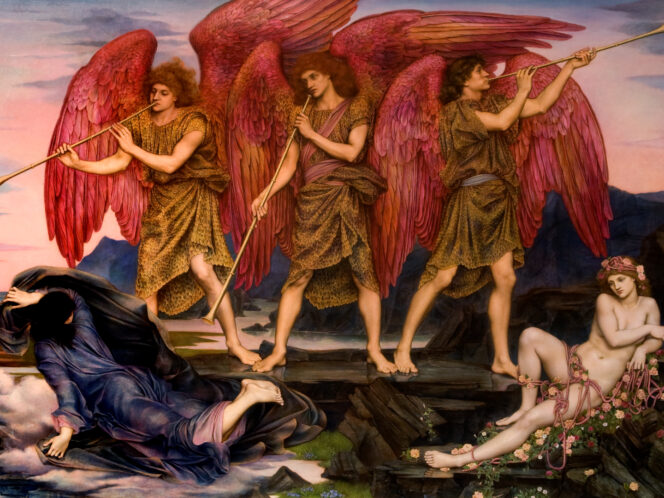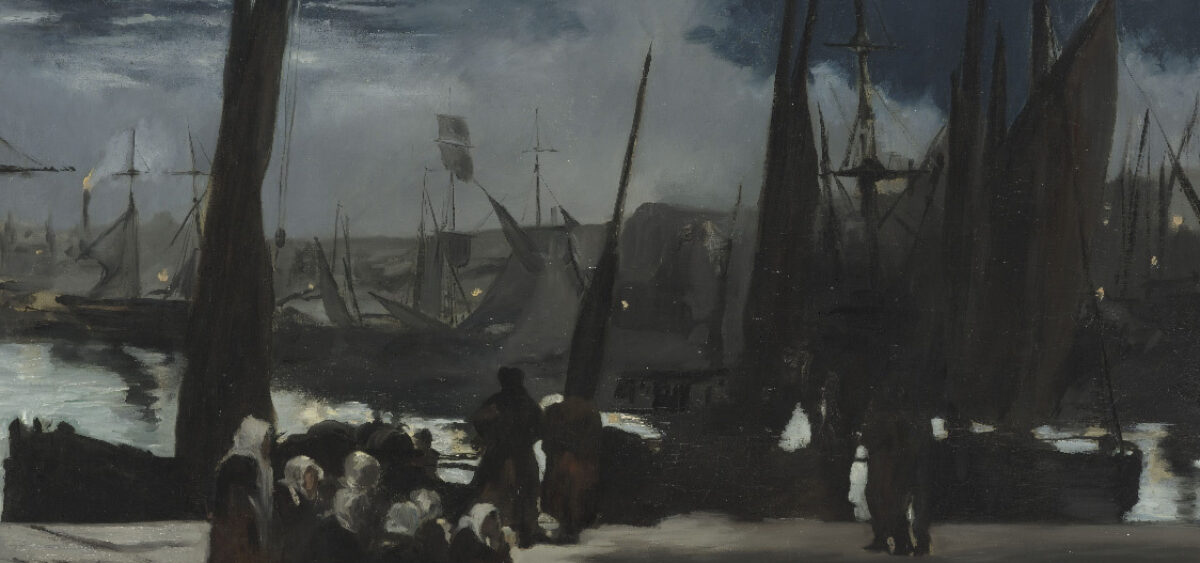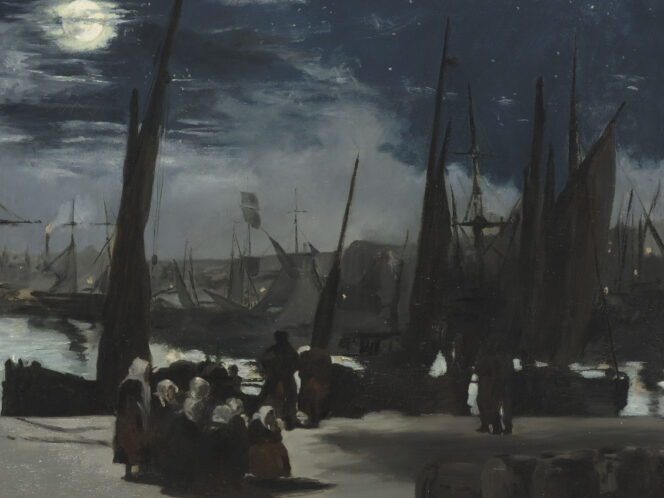
Sunrises deserve the same amount of awe as sunsets, and yet they do not yet have as many fans as the latter. There are fewer admirers ready to hunt them down, experience and photograph them. This seems quite unfair, because dawn is known—in all religions and myths—as a celebration of the beginning.
When I hear the word “dawn,” I feel it as joyful. It makes me smile involuntarily, and it takes a while before I realize that in addition to sunny and fresh mornings, the Polish language also knows dawns that are heavy, cold, and gloomy. So where did my exclusively positive association come from? And what has conditioned it so deeply?
I think one song from the 1970s might be responsible for this. It is now counted as a Polish classic, and is still frequently played on the radio. It’s called “Radość o poranku” [“Morning Joy”], with lyrics written by Jonasz Kofta: “How great to wake up / as soon as day breaks / the dawn’s radiance / just drink it all up.” It was first sung by Marlena Drozdowska and her band Grupa I, and later by Hanna Banaszak and Majka Jeżowska, among others. The singers’ energetic voices are joined by the chirps of morning birds, “lilacs shaking off the dew,” and the promise of happiness, which on a day like this simply “must come.”
Rosy and Misty
We don’t tend to think about the meaning of the word “dawn” in our day-to-day life—we simply use it intuitively. But just to be safe, I will consult a couple of dictionaries. In the contemporary PWN Dictionary of the Polish Language, I find a very clear definition—it is “the beginning of the day








